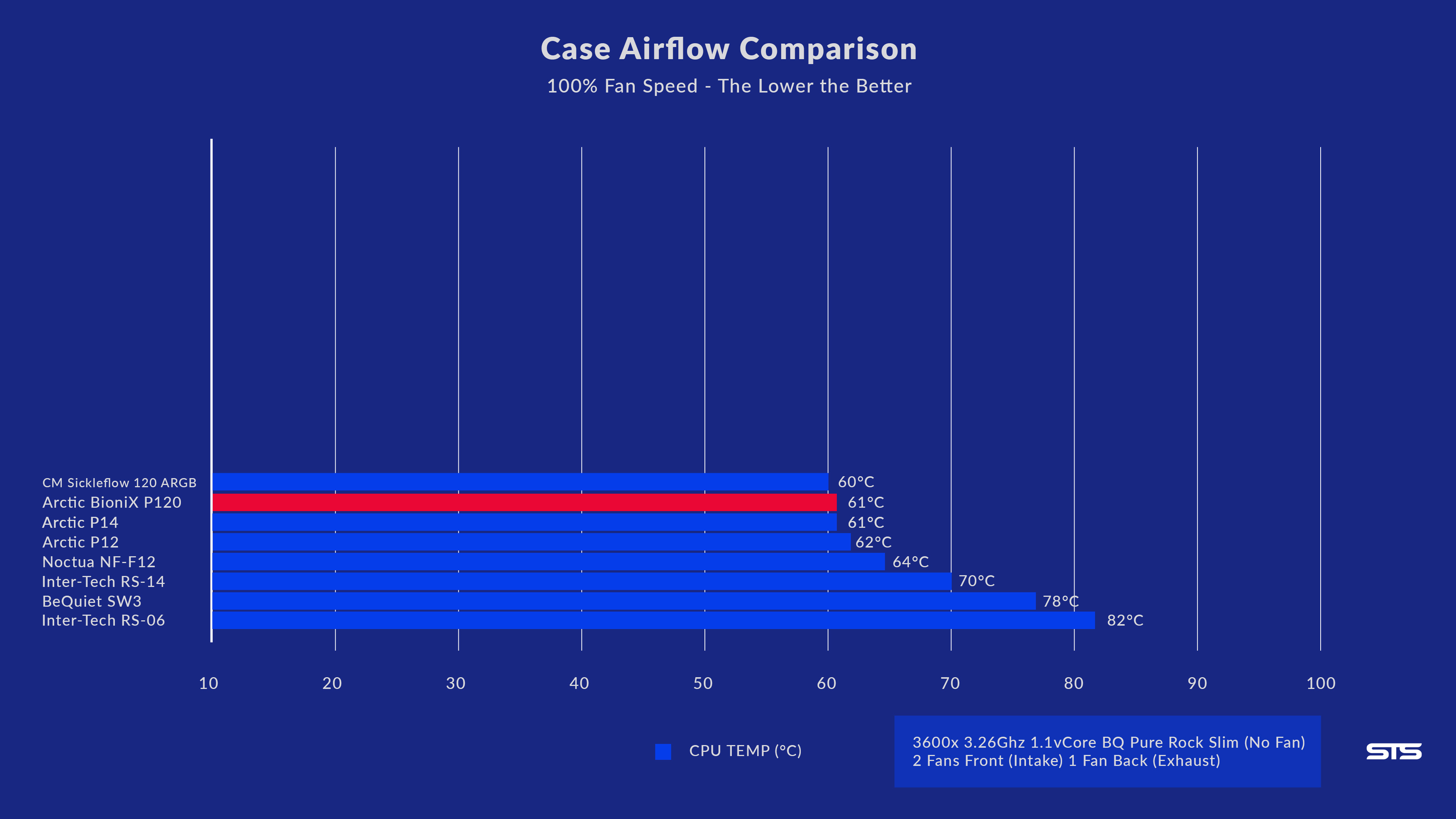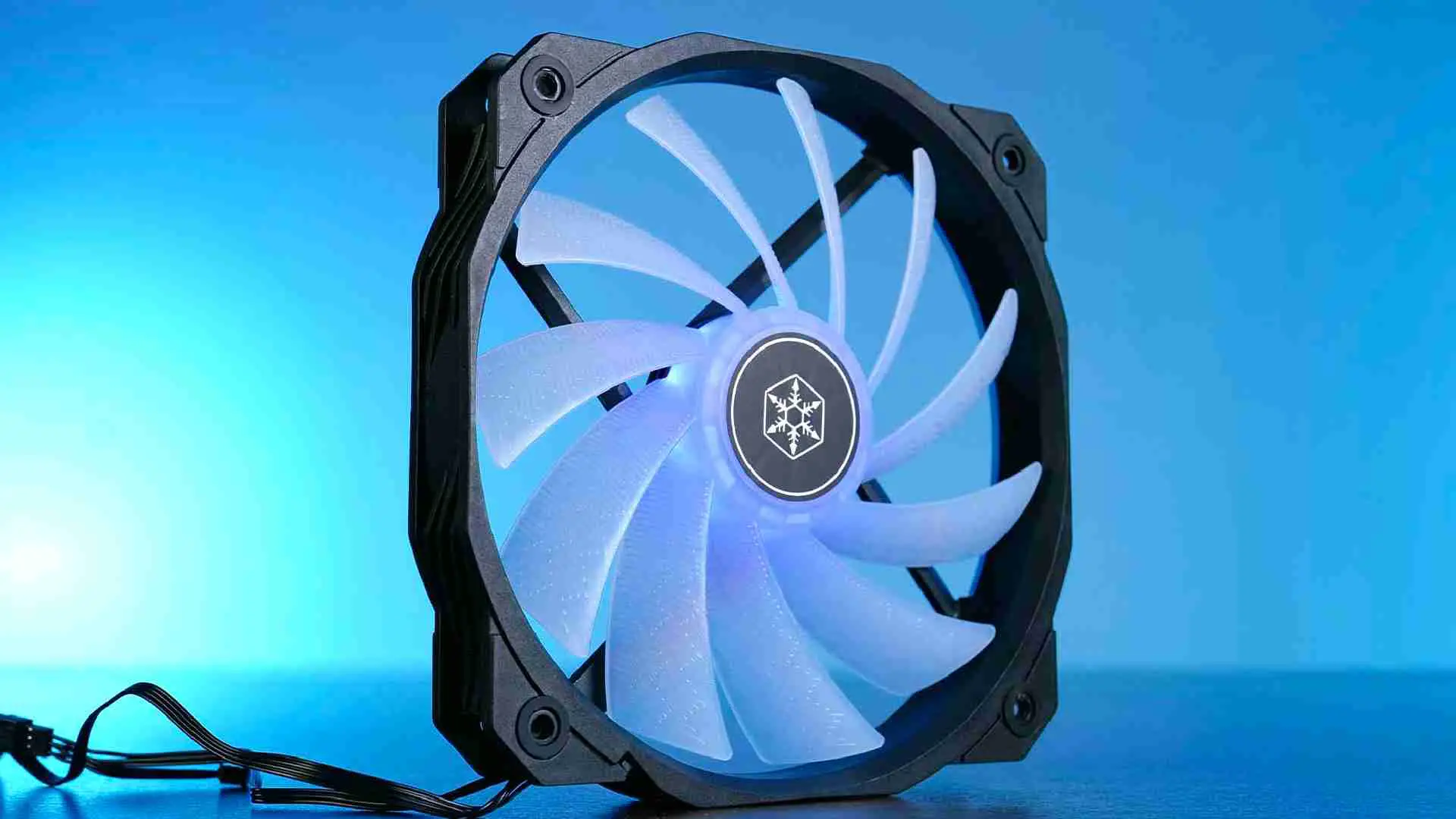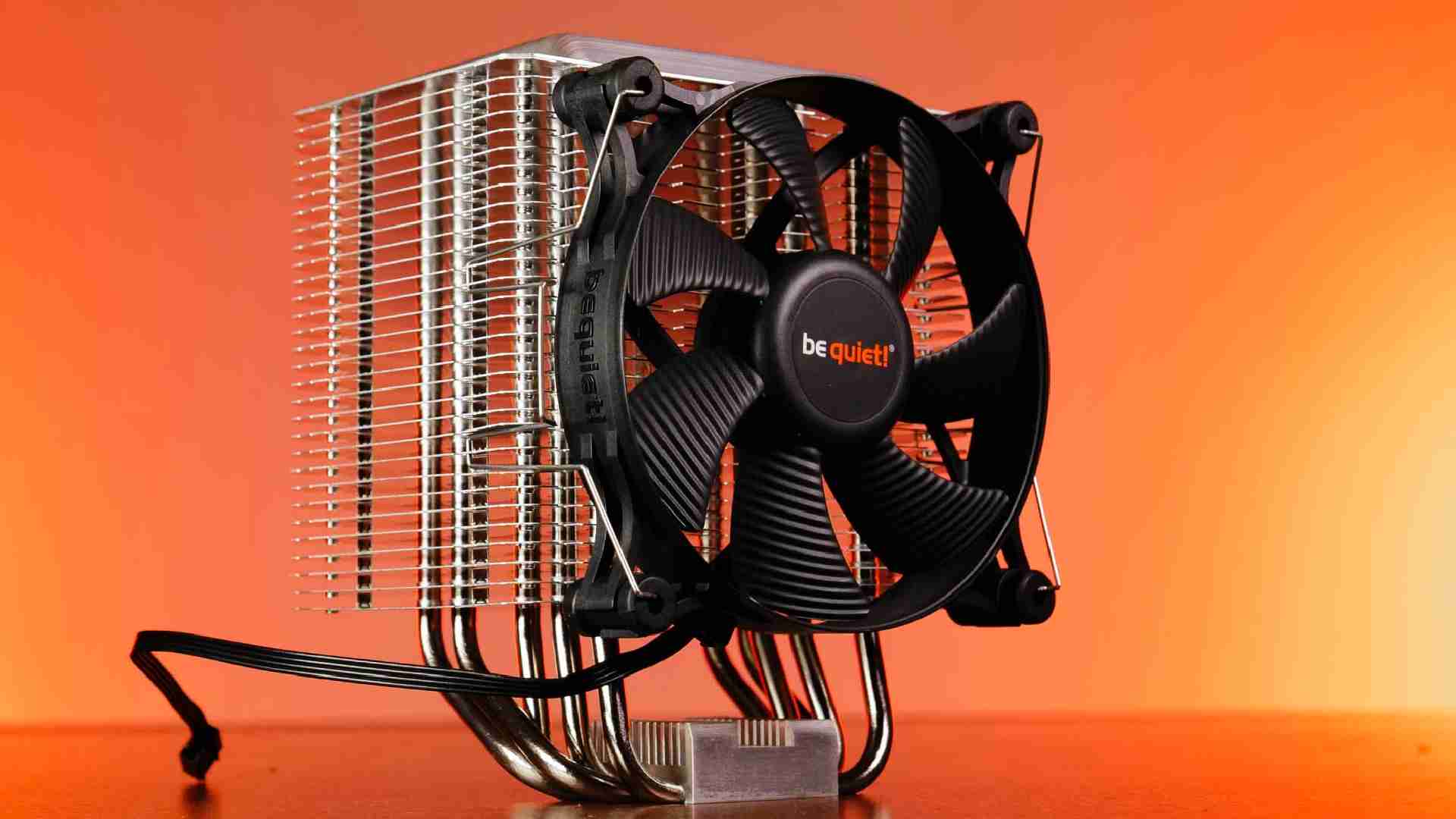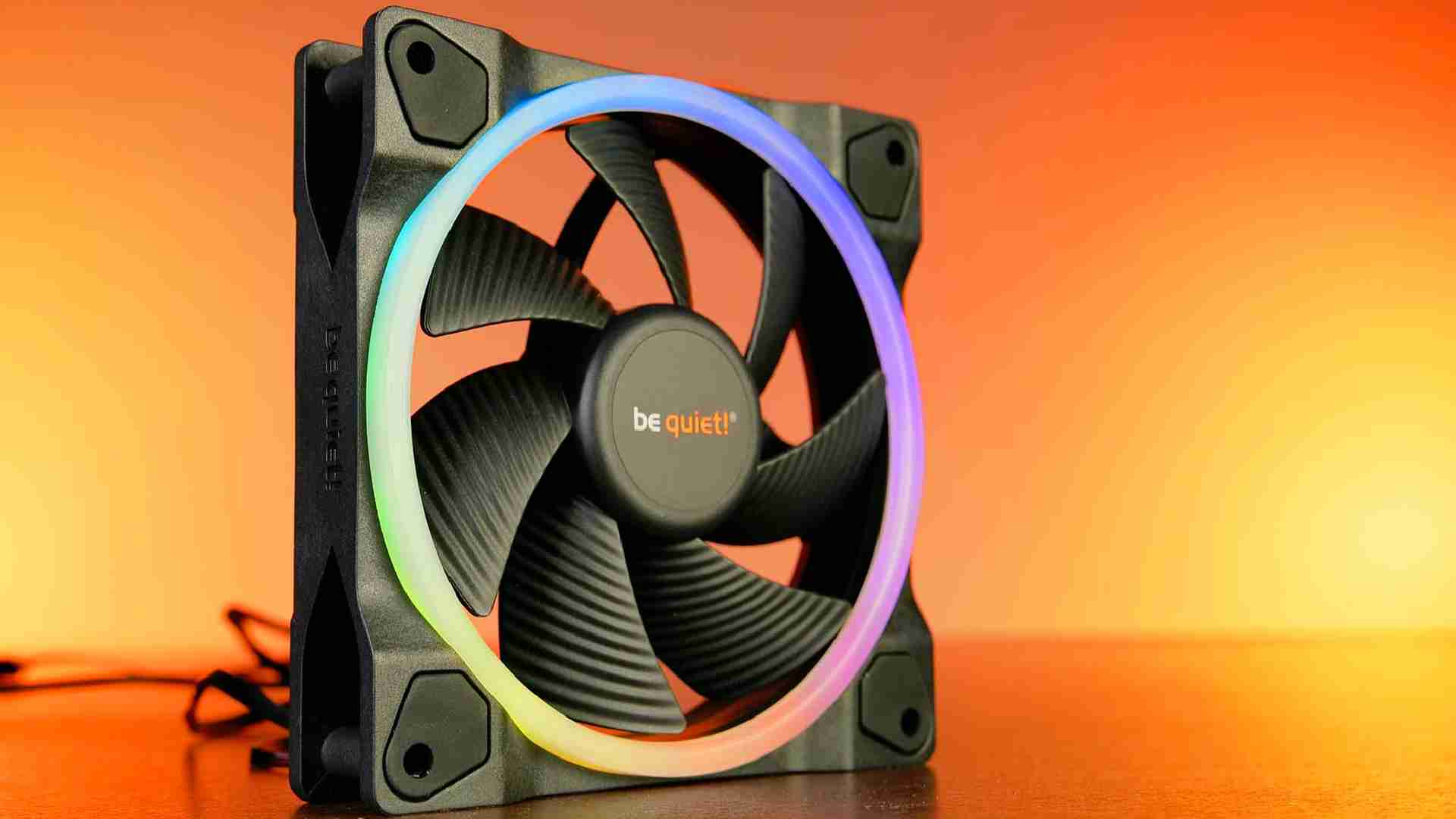Arctic P120 BioniX ARGB Review
Introduction
All the products that reviewed from Arctic so far had one thing in common. Prioritized Performance over Esthetics! You might like this or not, but it definitely placed Arctic at the very Top of our Benchmark table. Now with the BioniX P120 ARGB, Arctic seems to try a slightly different approach and win over the esthetics marked as well. Let's take a closer look at Arctic's new addition to their lineup and see if they were able to keep the level of performance that we expect. *Spoiler alert, of course they did.
Positive
- Great Performance
- Best Connection System we've seen
- Strong LED's
- Good Radiator Fans
Neutral
- Noise is acceptable
- Expensive compared to other Arctic Products
Negative
- White RGB Not possible with remote
What's in the Box?

We've already unboxed a hand full of Arctic Products. Until now, every Arctic product was packed in such a way that there is not a single drop of water that could have been added inside. The Arctic Bionix P120 ARGB is no different. Once you open the box you'll be greeted with a cramped box, full of Fans, Mounting Hardware, and Connection Material.
Once unraveled, you'll find 3 Arctic Bionix P120 ARGB Fans, an RGB Controller, 3 Sets of Mounting Screws, and a ton of different Cables, adapters, and proprietary plugs.
Of course Arctic made sure to include their iconic iPhone X-shaped Manual that contains the QR Code that leads to the Manual.

At this point, one thing already became very obvious. These fans are thick. Instead of the usual 25mm, Arctic went with a 30mm approach. This may seem like a little change, but once you have them in your hand you immediately notice the ruggedness that comes with these additional 5mms.
On the back of the Box, Arctic included a Spec sheet, which we summarized down below.
| Name | Arctic BioniX P120 ARGB |
| Size | 120x120x30mm |
| Speed | Up to 2300RPM |
| Airflow | 48CFM |
| Noise | 0.45 Sone (Should be something around >30db) |
| Connection |
Proprietary - Controller or Proprietary - Standard 4-Pin PWM + 3-Pin 5v ARGB |
| Bearing | Fluid Dynamic Bearing |
| RGB | RGB Ring Around Fan |
| RGB Control | Controller or 3-Pin 5v ARGB |
Installation
Installing Arctic's BioniX P120 ARGB may seem complicated at first, but once you got the hang of them, you realize that their proprietary system is extremely easy to use.

In general, you have 2 ways of installing the fans, by including the Controller, and by simply skipping it.
But it's important to decide this before actually mounting the Fans with the screws as there are scenarios in which you won't be able to change the connection once the screws are screwed in.
Connecting the Fans

In case you want to use the controller, you will need to use the "proprietary Fan connector" to "Controller connector" cable.
This has to be hooked up to the "Power In" Header on one of the fans and to one of the free plugs on the controller.

Do not forget about the Controller-to-4Pin PWM cable. If you don't want your Fans to be spinning at 100% all the time, you will need to attach that one to the controller on one side, and to your Motherboard on the other. Additionally, this cable comes with a 4-Pin RGB connector, in case you want to switch between Controller RGB and Mainboard RGB.

We were happy to notice that Arctic's Fan Controller is powered by SATA Power (something that is still not standard for Fan Controllers), so make sure to not forget this one.
(Please note that 3-Pin 5v ARGB control requires you to not use the controller, keep reading to find out more)

In case you only want to use your motherboard for Fan and RGB control, you have the possibility to do so.
One of Arctics Proprietary Cables begins with a "Fan Plug" and ends with the usual 4-Pin PWM and 3-Pin 5v ARGB Cable. Install this one to one of the Fans as well as to one of your Motherboard's Fan/RGB headers, and you will be able to use the Fans freely, without the need for any additional Controller.

No matter if you've used the controller or not, from here you have 3 possibilities to add the other fans to your setup.
Method 1) You can use the Male-to-Male adapter that comes in the bag of screws. This can be installed in between the "Power In" of another fan and the "Connect" of the already wired-up fan.
This method can be repeated until you have a Maximum of 5 Fans attached to each other, creating a seamless Wall of BioniX P120 Fans.

Method 2) includes the usage of the Proprietary Extension cable. This can be useful if you need to have a small amount of space in between two fans, like a Radiator installation. Just install the Extension Cable into the "Power In" of the added fan and "Connect" of the installed fan, and you will be able to freely move the fan a couple of cms.

Method 3) is meant if you need to install the Fan (far) away from the other fans. This can be useful if you want to have 2 Fans installed in the front and 1 in the back. For this, Arctic includes another "Fan-to-Controller" wire. Just like with the first fan, you can hook up the BioniX P120 to one of the other available Controller Connectors. Now you will be able to move the Fan far away from the controller, allowing for every type of installation.
The Controller

The included Arctic controller is pretty much as we expected. You will get a Remote with which you'll be able to switch between a variety of different Color-switching Modes, Static Colors, and the usual Rainbow Unicorn RGB turning circle.
All in all the controller can do what you would expect and it is able to provide an acceptable replacement in case your motherboard doesn't offer any RGB features.

That being said, there are a couple of things we would have liked to see.
By using the controller, you will get the possibility to pass through a 4-Pin RGB signal from the motherboard. However, if you decide to ditch the controller, you will get access to the much more customizable 3-Pin 5v Addressable connection. We would have loved to see the controller letting the user pass through either a 4-Pin or 3-Pin connection.
Then there is a logical problem created by the remote. For whatever reason, there is no "White" color button on the remote. As the Fans are perfectly able to display the color white (by using the motherboard or using one of the 2-Color mix modes provided by the controller), we do not see a reason why this is not an option. A very small change, yet very frustrating if somebody was planning to use the controller only for that purpose.
Appearance

Ignoring the fact that the BioniX P120 ARGB's are rigid enough to double as a hammer, they also look awesome.
The big frame around the Fans provides a performance and quality feel, while the RGB hugely improves the Fan's esthetics.
Once the RGB is turned on, you'll get what you paid for. The RGBs are strong enough to light up the interior of the PC and as well as the rest of the room.
But we also noticed that the Spinning-type animation, which occurs for example in the usual Rainbow mode, is exceptionally smooth. There is no explicit number of used LEDs mentioned, but based on the smoothness of the animation, we are certain that there more than we are used to.
Benchmark
Until now, there was nothing negative to say about the new BioniX P120 ARGB. But what about their performance?
In order to Benchmark the newest P120 BioniX Series, we repeated our Standard Test and compared them to each of our other Fans.
The Benchmark consists of an Azza Hive Case, an AMD 3600x locked at 3.26 GHz (1.1vcore), and a Palit RTX 2060s.
In order to exaggerate the Results until we can see differences between the fans, we use a Be Quiet Pure Rock Slim without any fan.
By doing so, we can use the CPU Temperature as an accurate measurement as the CPU temp now only relies on the Air that the Case Fans are pushing into the Case.
As usual, the Azza Hive got 2 Fans in the Front as Intake and 1 in the Back as exhaust.

While spinning at 100% Fan speed, the newest BioniX P120 ARGB managed to keep the 3600x at 61°C placing them just one degree behind Arctic's iconic P12.
Letting the Fans spin at 50% Fan Speed switched things up! Keeping the 3600x at 72°C made the Bionix P120 perform significantly better than the P12s.

Looking at the results reveals that Arctics did not do the usual Performance to RGB trade with their newest BioniX P120 ARGB. You will still get very good performing Fans.
That being said, it did become quite clear that Arctic was nevertheless forced to make some tradeoffs. If we look closely at the Fan Wings and compare them to the P12's wings, we were able to see that the Wings were a tiny amount shorter than their older, and non-RGB counterparts.
Obviously, they needed to be shortened, as there is an additional RGB Ring that is supposed to be placed around the Wing. But this meant that there was less Wing-Surface area, which should translate into a lower-performing fan.
This lets us believe (though this is an assumption) that Arctic was forced to install a stronger motor (+500RPM compared to a P12) in order to compensate for that lost Wing surface,

As the Benchmarks have shown, this tradeoff does not mean that the User has to accept a lower-performing fan. However, with 500RPM more at full speed, the BioniX P120s are slightly louder than the original P12. Though the difference becomes negligible benight 70-60% Fan speed.
Conclusion

All in all, the new Arctic BioniX P120 ARGBs are amazing Fans!
The performance is top-notch,
They are not too loud (though louder than the P12s),
The proprietary connection is the most sophisticated and rigid we have ever seen,
And the RGB looks amazing.
On the could have been better side, there is only the before-mentioned missing "White-Color" Button on the remote, and the possibility to pass through a 3-Pin ARGB connection if using the controller. But other than that, these are amazing fans.
Right now, the Arctic BioniX P120 ARGB Set is setting you back around 50€ or 61$. This makes them quite expensive compared to alternative Arctic Fans, but still very affordable when looking at other RGB Fans with this level of performance.
Looking back at the huge amount of positive aspects, we can only recommend these fans.


Gelid Stella Infinity Review
Gelid just updated their Stella fans. Now they come with an infinity mirror in the center and additional airflow notches on t
Read More
SilverStone Shark Force 160 ARGB Review
There are a lot of interesting fans out there. Some have little indentations that make them interesting. Others come at insan
Read More
be quiet! Shadow Rock 3 Review
In this review we will have a closer look at be quiets Shadow Rock 3, a Air cooler which is supposedly part of be quiets mid-
Read More
be quiet! Light Wing 120 Review
be quiet!s Light Wing 120 set of fans promises the usual be quiet! level of performance paired with some outstanding RGB ligh
Read More